Questionhello!i am prasanna.i have a pair of discus in my 35 gallon tank.last time when i checked my ammonia level,it was at zero.now i had made my tank into a barebottom tank before 2 weeks and when i checked my ammonia level today , it was 1.0!i dunno what made it to rise like this.how can i decrease my ammonia level?i am doing a partial waterchange daily.i am actually trying to breed my discus pair.so please help me!
AnswerDear Prasanna,
*** Happy Christmas and Happy New Year 2010 *** IN ADVANCE
1. Ammonia : If the ammonia level rises above 1 ppm as measured by a standard test kit, begin treatment immediately. Lowering the pH of the water will provide immediate relief, as will a 50% water change (be sure to use water that is the same temperature as the aquarium). Several water changes within a short period of time may be required to drop the ammonia to below 1 ppm.
If the fish are in severe distress, the use of a chemical to neutralize the ammonia is recommended. Feedings should be restricted so that additional waste is reduced. In cases of very high ammonia levels, feedings should be discontinued for several days. No new fish should be added until the tank until the ammonia and nitrite levels have fallen to zero.
Because ammonia toxicity is linked to the pH, testing of both ammonia and pH levels are critical. Ammonia becomes increasingly toxic as the pH rises above 7.0. Because there are so many variables, there is no magic number to watch for. However, there are general guidelines to follow. At a level of level of 1 ppm or 1 mg/l, fish are under stress, even if they don't appear in acute distress. Levels even lower than that can be fatal if the fish are exposed continuously for several days. For that reason it is critical to continue daily testing and treatment until the ammonia drops to zero. When ammonia is elevated for a long period, it is not unusual to lose fish even after the ammonia levels start to drop.
2. Prasanna, how to breed Discuss : In order to keep the discus fish happy you need to learn that as they are native to the warm, calm waters of the Amazon, they constantly change their behavior depending upon the environmental factors surrounding it. The secret to breeding discus fish lies in understanding their behavior and learning all about their habits. Choosing healthy fish from the shop keeper ensures that they are a joy to breed and care for. They should be kept in groups of four or six. Discus fish generally choose their own mates once you have bought unrelated several fish and placed them together in the discus fish tank. For breeding discus fish, the fish tank works best if it has air powered filters and spawning locations. Use soft water with no chlorine content to allow the eggs to develop into healthy fish. Keep the water temperature set at 84-86 degree F. The breeding pair needs to have a varied diet to provide them the correct nutrition and condition them to spawn and also while feeding their fry. The spawning process mainly takes place when they are three-fourths of their adult size and may occur once the fish are half grown. They remain mates for their remaining life. During the spawning process, after a smooth, vertical side of the tanks is cleaned, the female lays around 80-400 eggs where as the male fertilizes them. It normally takes 50-60 hours for the eggs to hatch followed by 36-48 hours till the fry are able to swim freely. Spawning can be triggered by lots of feeding, rising temperatures or major changes in the water. Once the fry are born, they should be kept with their parents and given specific food like the baby brine shrimps. In order to achieve a decent growth rate, lots of water changes should be made. Within 3-6 weeks after birth he fry grow quickly though the parents are worn out and it's the ideal time to move the fry away from the parents. Once you have learn the process of breeding discus fish successfully, you would surely love to be a proud owner of these rare species.
* For further detail email or contact me *
parthanetra@gmail.com, Cell. No. +91 9434146179 or 00919434146179

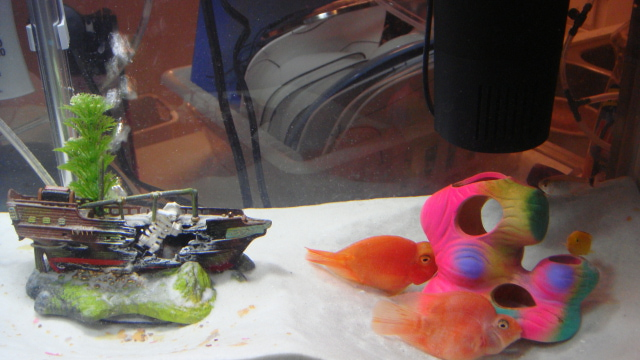 Problem on my parrot fish
QuestionQUESTION: Last Saturday, i noticed my 2 parrot
Problem on my parrot fish
QuestionQUESTION: Last Saturday, i noticed my 2 parrot
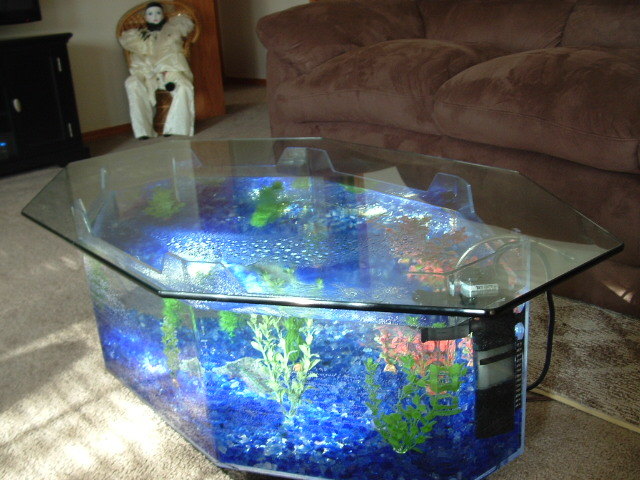 airator
Question
25 gallon fish tank
i have a dive power submer
airator
Question
25 gallon fish tank
i have a dive power submer
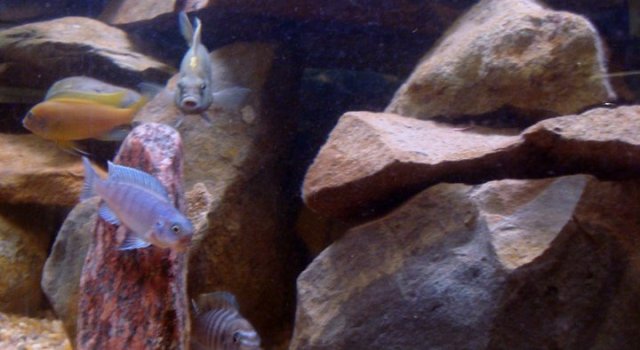 Cichlids overcrowding good or bad?
Question
a few of the fish
Hi I have a 40 gallon bow ta
Cichlids overcrowding good or bad?
Question
a few of the fish
Hi I have a 40 gallon bow ta
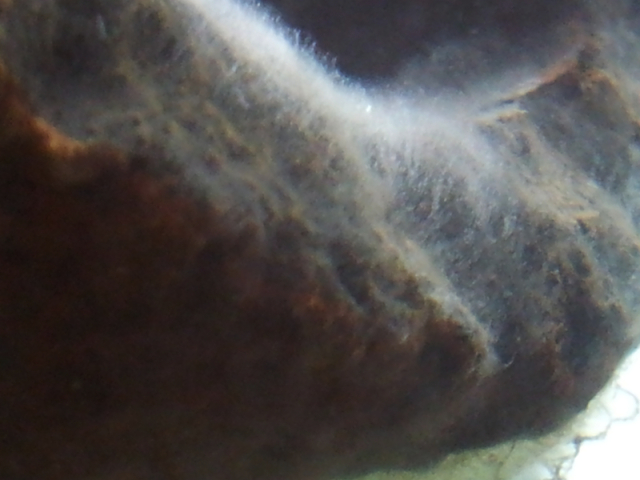 White Algae?
Question
White Fuzz in Aquarium
I have a 7.9 gal
White Algae?
Question
White Fuzz in Aquarium
I have a 7.9 gal
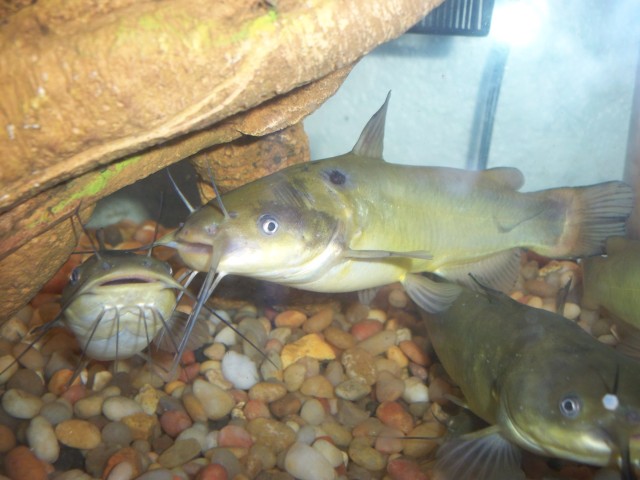 Spots and marks on catfish.
Question
Channel catfish
Hello,
I have 8 channe
Spots and marks on catfish.
Question
Channel catfish
Hello,
I have 8 channe